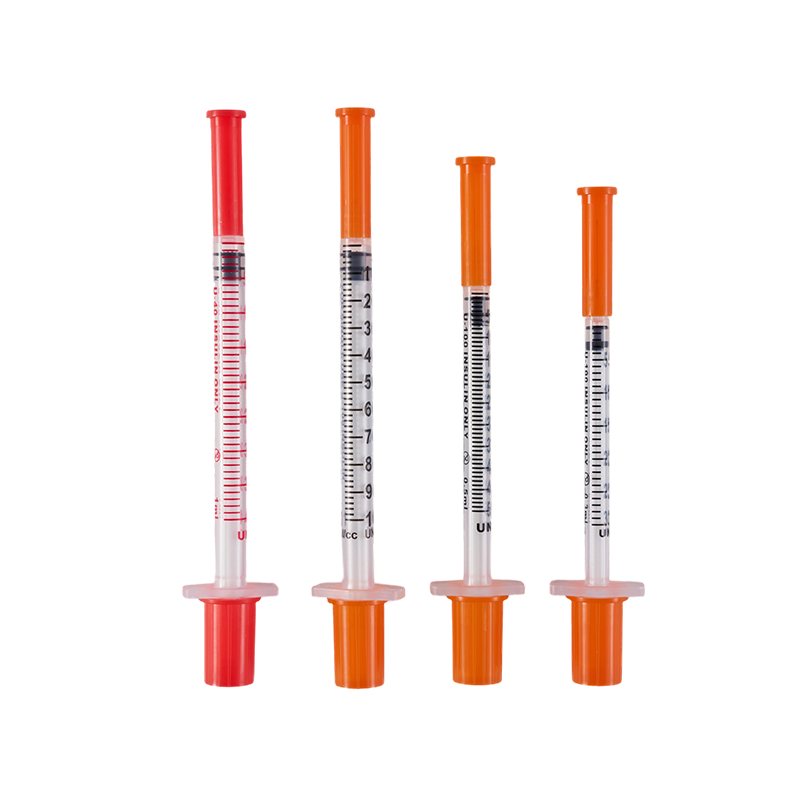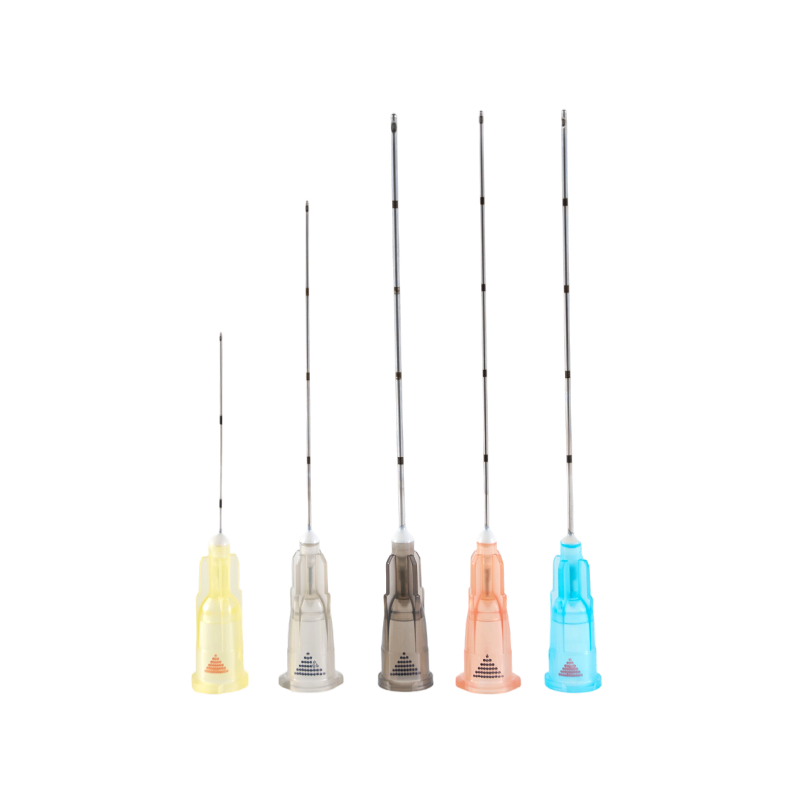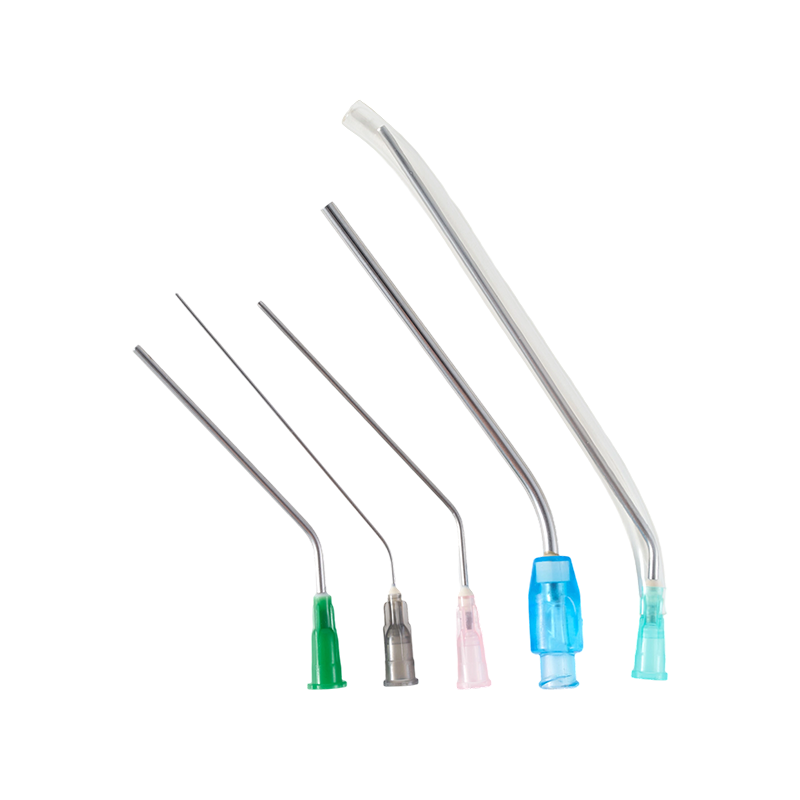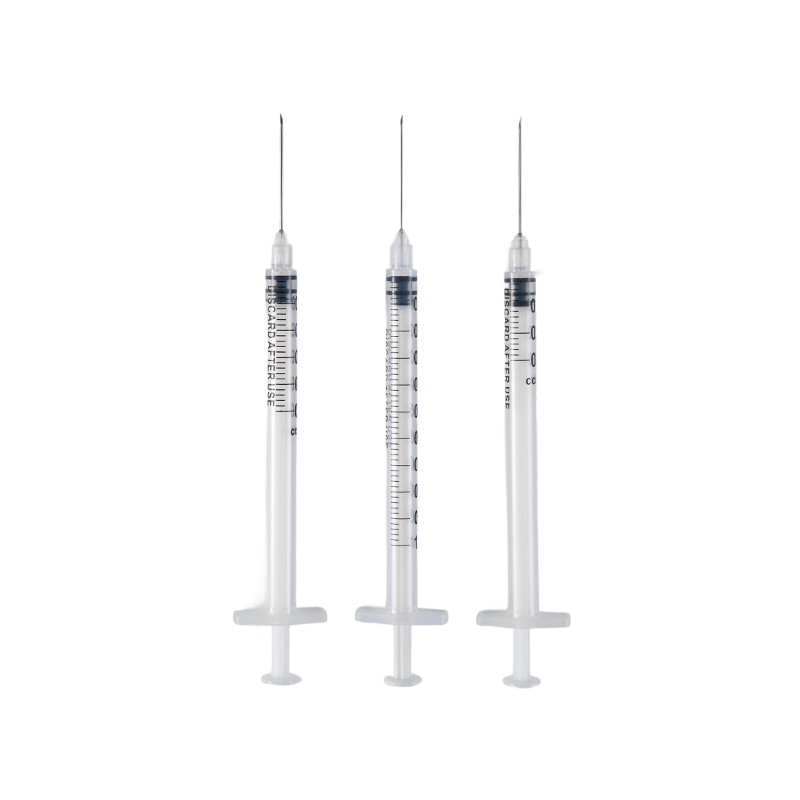Don't hesitate to send a message
The design and production comply with ISO8537. The plastic parts are moulded by ...
Selecting the correct syringe is a fundamental step in ensuring the safety, accuracy, and efficiency of any medical procedure. From hospitals and clinics to research labs, the right choice among various Syringe Medical Supplies is critical. An inappropriate selection can lead to dosing errors, medication waste, or patient discomfort.
The most common type in use today is the Disposable Sterile Syringe. Designed for single use, it eliminates the risk of cross-contamination and ensures sterility for every patient. The decision-making process can be broken down into several key dimensions.
The required medication volume is the primary starting point. Using a syringe with a capacity far exceeding the dose volume can lead to significant measurement errors.
The following table summarizes common volume applications:
| Syringe Volume | Common Applications |
| 0.5 - 1 mL | Tuberculin tests, insulin, precise pediatric doses |
| 3 - 5 mL | Tuberculin tests, insulin, precise pediatric doses |
| 3 - 5 mL | IV flushes, specimen aspiration, irrigation |
| 60 mL & above | Enteral feeding, wound irrigation, large-volume aspiration |
The connection between the syringe and the needle is crucial for preventing leaks and ensuring a secure fit.
Furthermore, some Syringe Medical Supplies are integrated with a fixed needle. This is common in insulin syringes and pre-filled syringes, ensuring no dead space and maximizing dose accuracy.

Virtually all modern Syringe Medical Supplies are designed for single use. A Disposable Sterile Syringe is typically made from medical-grade polypropylene, which is inert and will not interact with medications.
The sterile aspect is non-negotiable. Each Disposable Sterile Syringe is individually packaged and has been processed using methods like Ethylene Oxide (EO) gas or gamma irradiation to achieve sterility. Always check the packaging for integrity before use. Using a Disposable Sterile Syringe is a fundamental practice in preventing healthcare-associated infections.
Beyond standard injections, many procedures require specialized Medical Injection Syringe designs.
When preparing a Medical Injection Syringe, it is also vital to consider the medication's viscosity. Thicker fluids require more force to inject, often necessitating a syringe with a Luer Lock attachment and potentially a larger-bore needle to reduce pressure.
Choosing the right Medical Injection Syringe is a multi-faceted process. By systematically considering the volume, needle attachment, material sterility, and any specialized needs, healthcare professionals can ensure they select the most appropriate Disposable Sterile Syringe from the vast array of Syringe Medical Supplies available.

The design and production comply with ISO8537. The plastic parts are moulded by ...

There are three kinds of the tip types, Sealed-circle with 2 side holes, sealed-...

Assembling with insulin pen, for insulin hypodermic injection.The plastic parts ...

Used in conjunction with an insulin pen, it is used for subcutaneous injection o...

The cannula is made of high quality austenite stainless steel.All the components...

The material of the needle is Medical grade SUS304,which have great stiffness, t...

The barrel is made from high transparent polypropylene(PP),which have a bright a...

The cannula is made of high quality austenite stainless steel.The lancet tip is ...